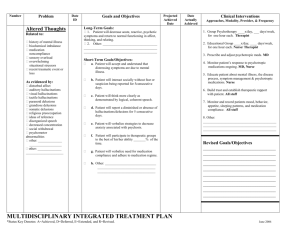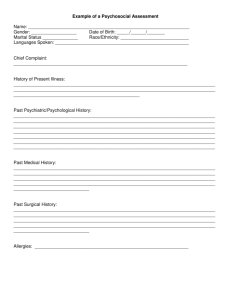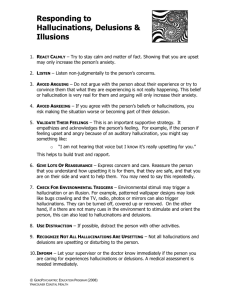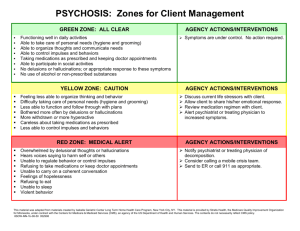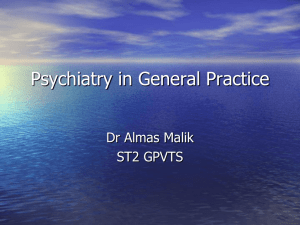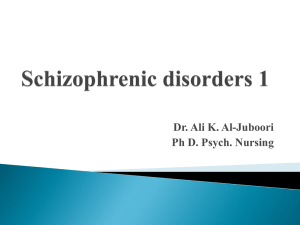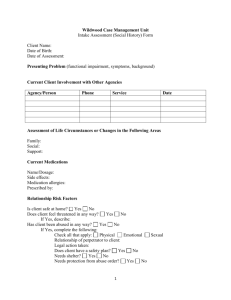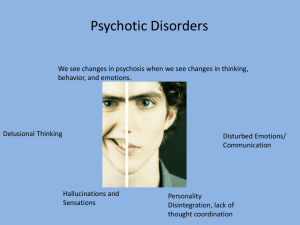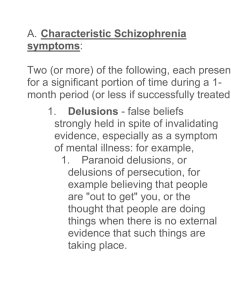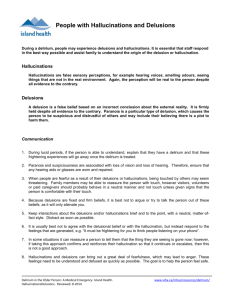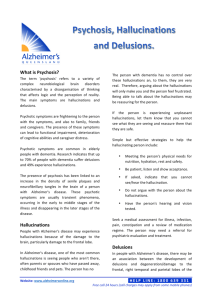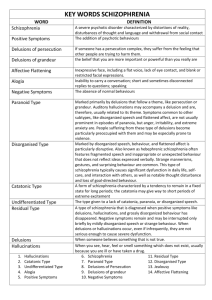Delusions and Hallucinations
advertisement
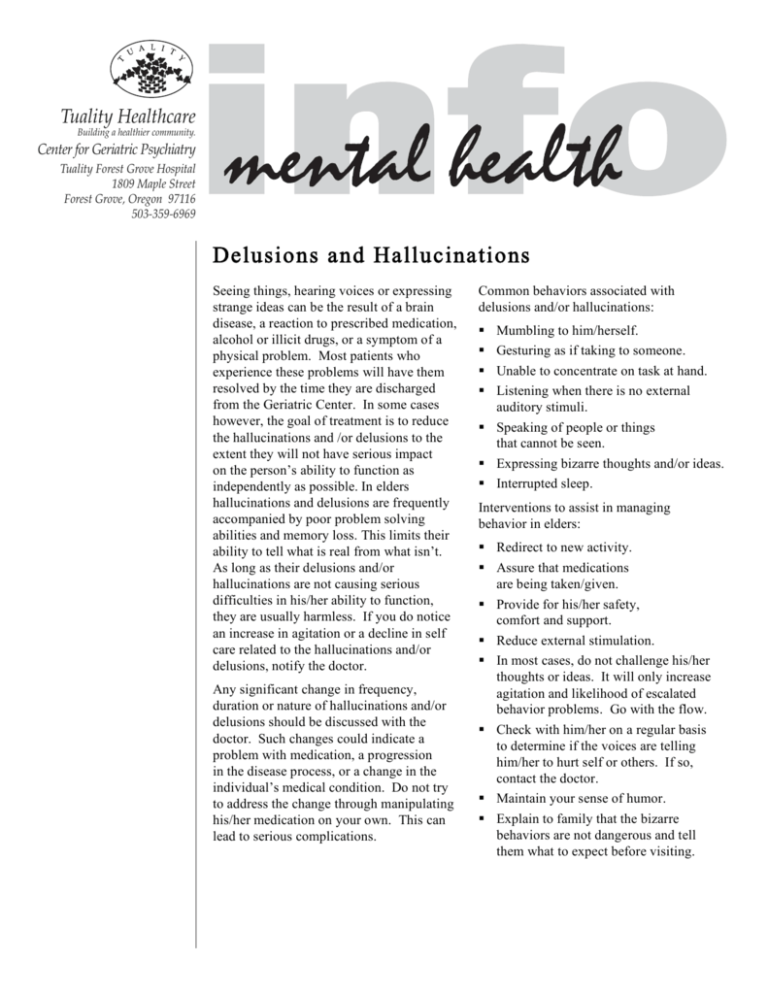
Tuality Healthcare Building a healthier community. Center for Geriatric Psychiatry Tuality Forest Grove Hospital 1809 Maple Street Forest Grove, Oregon 97116 503-359-6969 Delusions and Hallucinations Seeing things, hearing voices or expressing strange ideas can be the result of a brain disease, a reaction to prescribed medication, alcohol or illicit drugs, or a symptom of a physical problem. Most patients who experience these problems will have them resolved by the time they are discharged from the Geriatric Center. In some cases however, the goal of treatment is to reduce the hallucinations and /or delusions to the extent they will not have serious impact on the person’s ability to function as independently as possible. In elders hallucinations and delusions are frequently accompanied by poor problem solving abilities and memory loss. This limits their ability to tell what is real from what isn’t. As long as their delusions and/or hallucinations are not causing serious difficulties in his/her ability to function, they are usually harmless. If you do notice an increase in agitation or a decline in self care related to the hallucinations and/or delusions, notify the doctor. Any significant change in frequency, duration or nature of hallucinations and/or delusions should be discussed with the doctor. Such changes could indicate a problem with medication, a progression in the disease process, or a change in the individual’s medical condition. Do not try to address the change through manipulating his/her medication on your own. This can lead to serious complications. Common behaviors associated with delusions and/or hallucinations: Mumbling to him/herself. Gesturing as if taking to someone. Unable to concentrate on task at hand. Listening when there is no external auditory stimuli. Speaking of people or things that cannot be seen. Expressing bizarre thoughts and/or ideas. Interrupted sleep. Interventions to assist in managing behavior in elders: Redirect to new activity. Assure that medications are being taken/given. Provide for his/her safety, comfort and support. Reduce external stimulation. In most cases, do not challenge his/her thoughts or ideas. It will only increase agitation and likelihood of escalated behavior problems. Go with the flow. Check with him/her on a regular basis to determine if the voices are telling him/her to hurt self or others. If so, contact the doctor. Maintain your sense of humor. Explain to family that the bizarre behaviors are not dangerous and tell them what to expect before visiting.
